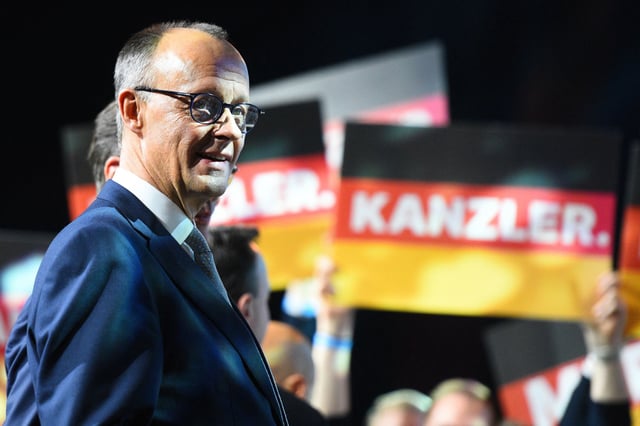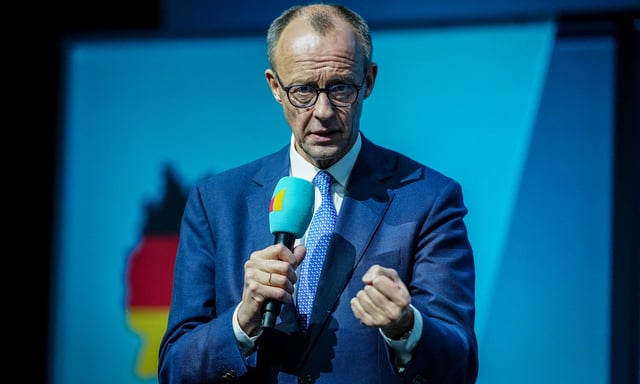Overview
- The CDU/CSU, led by Friedrich Merz, is polling at approximately 30% and is expected to form the next government, though coalition negotiations may be complex.
- The far-right AfD has surged to around 20% in the polls, doubling its 2021 performance and raising concerns about its growing influence.
- The SPD, led by outgoing Chancellor Olaf Scholz, is projected to hit a historic low of 15%, reflecting widespread dissatisfaction with the previous coalition government.
- The election has been marred by reports of Russian disinformation campaigns and allegations of external influence, including support for the AfD from Elon Musk and the Trump administration.
- Germany's economic challenges, including a prolonged recession and industrial decline, are central issues, with immigration and security also dominating the political debate.



